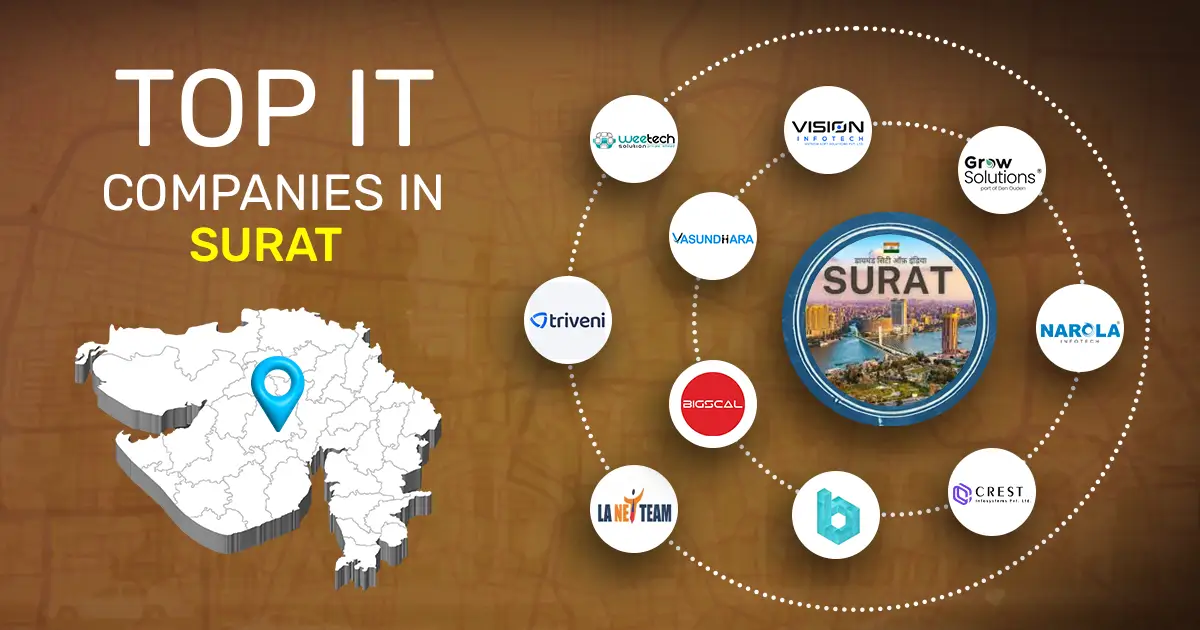
Introduction
In today’s fast-paced and ever-evolving Indian business landscape, acquiring the right business lessons is no longer just an advantage—it’s an absolute necessity. With increasing competition, shifting consumer preferences, and rapid technological advancements, entrepreneurs and professionals must continually refine their business techniques to stay ahead. Success in this dynamic market requires not just hard work but also strategic thinking, adaptability, and a deep understanding of office management, leadership, and workplace culture.
Building a thriving business isn’t solely about financial gains but also about cultivating an environment that fosters innovation, collaboration, and long-term sustainability. Whether you’re a budding startup founder or a seasoned executive, mastering key business mantras can make all the difference. From effective team management to creating a resilient, scalable business model, the insights shared in this blog will help you navigate challenges and unlock growth opportunities.
Also Read: Difference Between Business And Profession Guide For 2025
Why Learning Business Lessons is Crucial for Success?
Understanding and implementing business mantras can transform your approach to work and entrepreneurship. In India, where markets are dynamic and diverse, continually refining your business techniques is paramount. Here’s why:
- Adaptability and Continuous Improvement: Learning business lessons teaches you to adapt to rapid changes. Continuous improvement is a core element of effective office handling and remains critical for maintaining a competitive advantage.
- Enhancing Leadership: Modern advice demands more than just managerial expertise. It requires empathy, strategic foresight, and the ability to inspire teams. Valuable business mantras empower leaders to drive innovation and cultivate a thriving workplace culture.
- Building Long-Term Success: By integrating proven business lessons into your strategy, you can avoid common pitfalls and build a sustainable enterprise. These lessons offer practical career tips that can significantly boost both personal and organizational performance.
- Responding to Market Dynamics: With consumer behaviors constantly evolving in the Indian context, learning and applying business mantras ensures you remain agile, informed, and competitive.
By focusing on these areas, you lay the groundwork for a career and business that can thrive even in uncertain times.
What Are Some Top Business Lessons from Successful Entrepreneurs?
Indian entrepreneurs have a wealth of experience and wisdom that can guide emerging business leaders. Here are some of the top business lessons gleaned from their journeys:
- Embrace Failure as a Stepping Stone: Successful entrepreneurs often emphasize that every failure teaches an invaluable business lesson. This approach enhances business techniques by encouraging experimentation and learning from mistakes.
- Prioritize Customer-Centricity: Understanding and meeting customer needs is a cornerstone of sound Office Management. Entrepreneurs stress that feedback should be a primary driver of innovation, reinforcing career tips that keep your business aligned with market demands.
- Invest in People: A robust workplace culture is built on trust and empowerment. Leaders who invest in their teams develop strong advising qualities and create an environment where every employee can contribute effectively.
- Strategic Risk-Taking: Calculated risks can unlock new opportunities. Embracing risk is one of the most critical business lessons that can lead to breakthrough innovations and sustainable growth.
- Commit to Continuous Learning: The market is always evolving, and so should you. Continuous learning helps refine your business techniques and ensures that your approach to office handling remains agile and effective.
These lessons underscore that success in the Indian market is driven not just by ambition but by a willingness to learn and evolve continually.
What Are The Common Mistakes Startups Should Avoid?
Startups, in particular, must be cautious to sidestep pitfalls that can derail progress. Here are common mistakes that highlight crucial business lessons:
- Overlooking Team Dynamics: Poor office handling can lead to internal discord. Neglecting team morale and failing to build a supportive workplace culture are mistakes that many startups make. Effective advising can prevent these issues by fostering clear communication and mutual respect.
- Avoiding Risk Completely: While caution is important, excessive risk aversion can stifle innovation. Embracing strategic risk is a fundamental business lesson. Startups should balance risk with reward, using smart career tips to navigate uncertainty.
- Ignoring Market Feedback: Many startups focus too heavily on their ideas and overlook valuable customer insights. This misstep underlines the importance of integrating customer feedback into every aspect of office handling and overall strategy.
- Overcomplicating Operations: In an effort to scale, startups may implement overly complex systems that hinder agility. Simplifying processes not only improves business techniques but also reinforces the principle of streamlined office management.
- Underestimating the Value of Culture: A thriving workplace culture is essential for long-term success. Startups that ignore this aspect often struggle with retention and motivation. Building a positive culture is a key business lesson that supports robust advising and sustainable growth.
Avoiding these common mistakes by applying well-established business lessons can significantly enhance your startup’s chances of success.
How to Adapt to Market Changes and Stay Competitive?
Staying competitive in India’s ever-changing market requires agility and foresight. Here are strategies that integrate essential business lessons:
- Invest in Continuous Learning: Cultivating strong business techniques is vital. Whether through formal education, workshops, or mentorship, continuous learning provides actionable career tips that help you stay ahead.
- Flexible office management Practices: Implement agile office handling systems that allow for quick adaptation. Regularly review your processes to ensure they align with evolving market conditions.
- Proactive Leadership: Effective advising means anticipating change and preparing your team accordingly. Strong leaders inspire innovation and empower their teams to pivot when necessary.
- Embrace Technology: In the digital era, technology plays a key role in adapting to market shifts. Leveraging modern tools can optimize business techniques and improve overall office management, making your business more responsive to customer needs.
- Customer-Centric Strategies: Prioritize feedback and adapt your offerings accordingly. A customer-focused approach is an enduring business lesson that helps maintain a vibrant workplace culture.
By embracing these strategies, businesses can not only survive market fluctuations but also thrive amid change.
What Is The Role of Innovation and Risk-Taking in Business Growth?
Innovation and risk-taking are fundamental drivers of growth. Here’s why these business lessons are so important:
- Cultivating Creativity: Encouraging innovation leads to the development of new ideas and improved products. This mindset enhances business techniques and contributes to effective office management.
- Calculated Risk-Taking: Embracing risk, when done strategically, can open new avenues for success. These business decisions show that risk-taking is not reckless but an essential part of the growth process.
- Empowering Leadership: Leaders who champion innovation and are willing to take risks set a powerful example. This approach not only bolsters advising qualities but also fosters a creative workplace culture.
- Learning from Setbacks: Every failed attempt is an opportunity to learn. These business mantras provide practical career tips on how to bounce back stronger, ensuring that each misstep contributes to overall growth.
Innovation and risk-taking are critical components of any growth strategy, and they provide the impetus for building a dynamic, forward-thinking organization.
What Can Be Done to Build a Resilient and Scalable Business Model?
A strong, scalable business model is the foundation of long-term success. Here are the key elements that form this model based on a proven business mantra:
- Streamlined Office Management: Efficient office handling is essential for scaling operations without sacrificing quality. Establish systems that support flexibility and growth.
- Visionary Leadership: Clear, strategic advising is vital for steering the company toward sustainable success. Leaders must communicate their vision effectively and inspire their teams to align with the business objectives.
- Investing in Technology and Innovation: In today’s digital age, integrating technology is no longer optional. Embracing new tools and innovative practices enhances business skills and supports a dynamic workplace culture.
- Robust Operational Framework: Building a resilient model involves developing processes that can withstand market fluctuations. This includes regular performance reviews, adapting career tips from industry experts, and staying informed about emerging trends.
- Customer-First Approach: A scalable business model prioritizes the needs of its customers. Continuous improvement based on customer feedback is a fundamental business lesson that drives loyalty and sustained success.
By focusing on these components, businesses can construct a model that not only survives but thrives in the competitive Indian market.
Conclusion
In the fast-paced world of business, success is not solely defined by profits but by the lessons learned, skills refined, and challenges overcome. From mastering essential business operations and enhancing workplace productivity to embracing innovation and fostering a supportive work culture, every aspect contributes to a company’s growth and long-term sustainability. The ability to adapt to market shifts, leverage industry insights, and implement strategic solutions sets successful businesses apart from the competition. More importantly, every challenge presents an opportunity to improve, evolve, and build a resilient business model that can withstand uncertainties and thrive in an ever-changing environment.
At RegisterKaro, we are committed to simplifying the complexities of business growth, financial planning, and legal compliance. Whether you are an entrepreneur, a startup founder, or an established business owner, understanding key business lessons and implementing the right strategies are essential for achieving long-term success. We provide expert insights and services to help you navigate the business landscape with confidence, ensuring that your venture is structured for efficiency, growth, and sustainability.
Ready to get started? Reach out to us and make your compliance journey hassle-free, allowing you to focus on what truly matters—growing your business.
Frequently Asked Questions
A: Continuous learning, prioritizing customer needs, and mastering operational efficiency are essential for long-term success. These principles lay the foundation for strong business skills and career growth.




